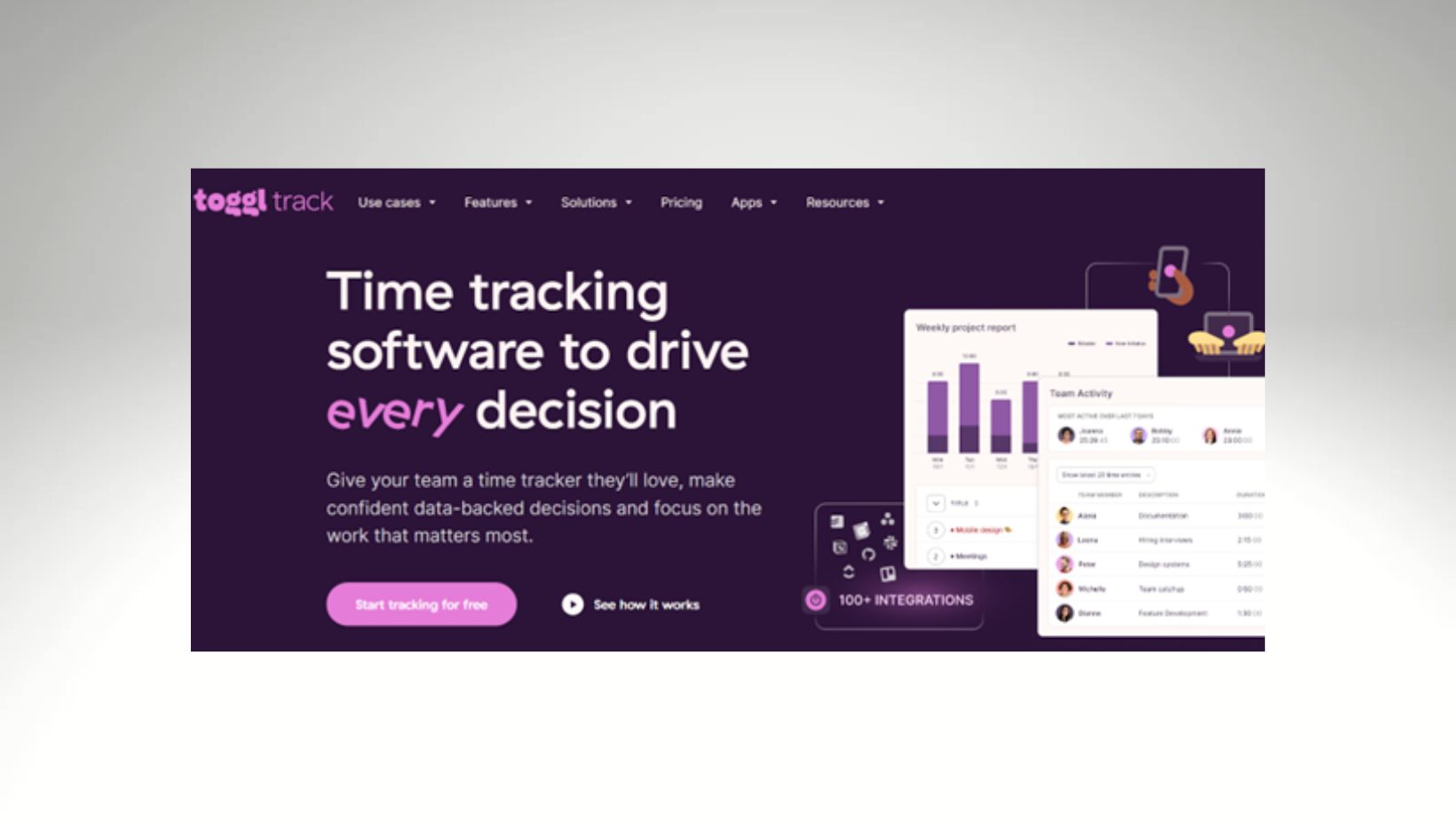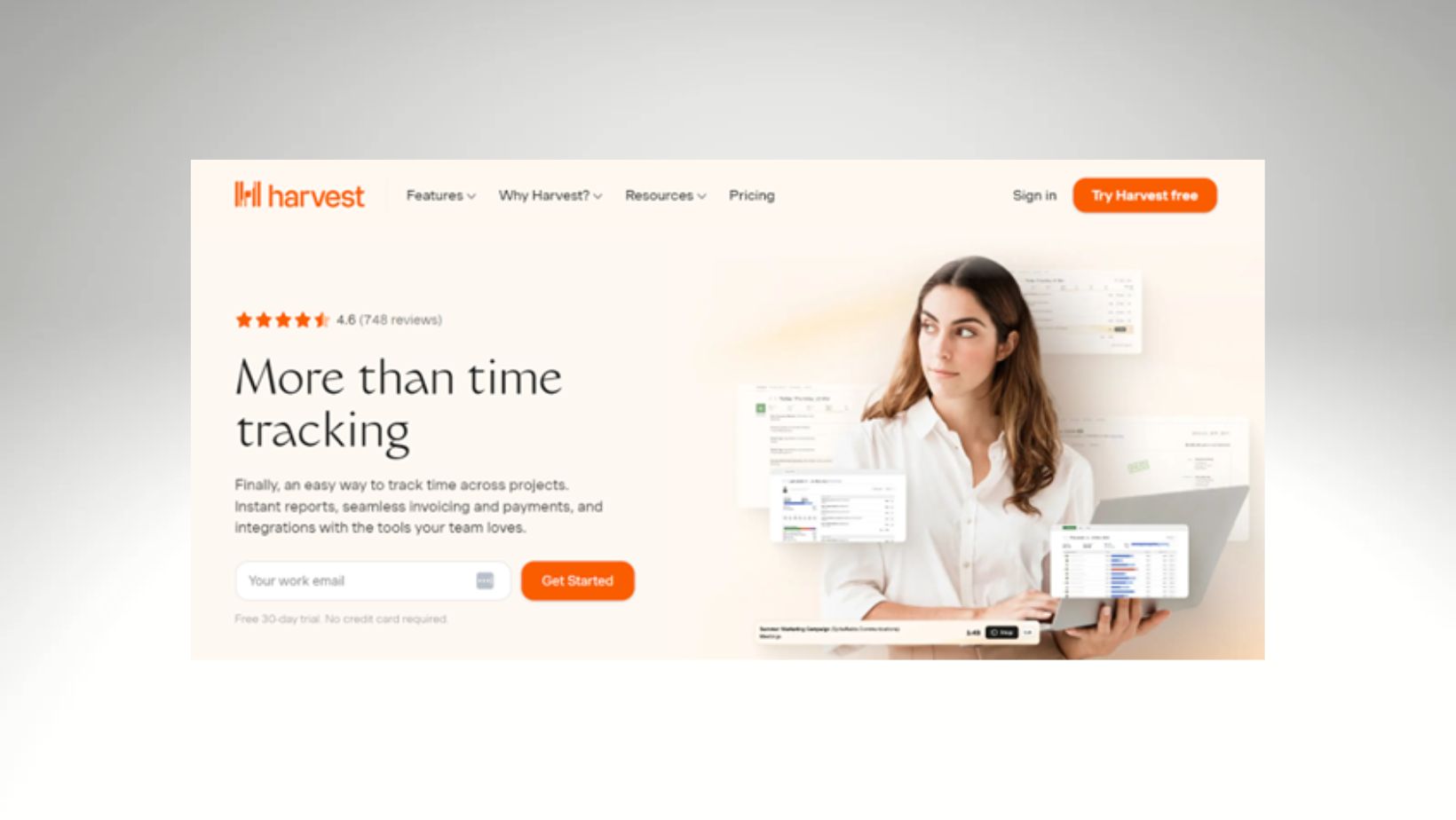Profitability tracking enables firms to understand their financial performance, identify areas for improvement, and make informed business decisions.
One of the most critical aspects of profitability tracking is mastering the concept of billable hours. Billable hours directly impact revenue and client billing, making them a fundamental metric for any professional service firm.
What Are Billable Hours
Billable hours refer to the time spent on tasks or projects that can be charged to a client. This includes activities such as consultations, project work, and any other client-specific tasks.
With our Online Time Tracking App, effortlessly monitor your work hours from anywhere, ensuring seamless productivity and accuracy.
The concept of billable hours is central to many professional services, including law firms, consulting agencies, and accounting firms, where time is literally money.
The role of billable hours in profitability tracking is significant. By accurately tracking billable hours, firms can ensure they are charging clients appropriately, maximizing revenue, and maintaining transparency in billing.
Understanding how billable hours contribute to overall profitability helps firms allocate resources effectively and manage projects more efficiently.
Why Tracking Billable Hours is Crucial
First, it directly impacts revenue and profitability. Every billable hour represents potential income, and accurately recording these hours ensures that no revenue is lost. Mismanagement or underreporting of billable hours can lead to significant financial losses over time.
Second, tracking billable hours is essential for client billing and transparency. Clients expect clear and accurate billing statements that reflect the time spent on their projects. Proper tracking of billable hours ensures that clients are billed correctly and builds trust in the client-provider relationship.
Third, billable hours play a vital role in project management and resource allocation. By monitoring billable hours, firms can identify how time is being spent on different projects, assess the efficiency of their teams, and make necessary adjustments to improve productivity.  This data is invaluable for making strategic decisions about project timelines, staffing, and overall resource management.
This data is invaluable for making strategic decisions about project timelines, staffing, and overall resource management.
Techniques for Effective Tracking of Billable Hours
To ensure accurate and efficient tracking of billable hours, implementing the right techniques and tools is essential. Some key strategies for effective tracking:
Time Tracking Software and Tools
Utilizing time tracking software is one of the most efficient ways to monitor billable hours. These tools offer automated tracking, real-time reporting, and integration with other business systems. Popular options include Toggl, Harvest, and TimeCamp, which provide features such as time entry, invoicing, and project management.
Finest Practices for Accurate Time Logging
Accurate time logging is crucial for reliable billable hour tracking. Encourage team members to log their hours daily to ensure accuracy and completeness. Using descriptive notes for each time entry can also help clarify the nature of the work done, making it easier to analyze and bill clients accurately.
Methods to Differentiate Between Billable and Non-Billable Hours
Clear guidelines should be established to differentiate between billable and non-billable hours. Billable hours typically include direct client work, while non-billable hours may involve administrative tasks, internal meetings, or professional development. By categorizing activities correctly, firms can ensure that only appropriate hours are billed to clients.
Challenges in Tracking Billable Hours and How to Overcome Them
Tracking billable hours can present several challenges, but with the right strategies, these can be effectively managed.
Common Issues Faced in Tracking Billable Hours
One common issue is inconsistent time tracking, where employees forget to log their hours regularly, leading to inaccurate records. Another challenge is distinguishing between billable and non-billable activities, which can result in either overbilling or underbilling clients. Additionally, manual time-tracking processes can be prone to errors and inefficiencies.
Strategies to Address and Mitigate These Challenges
To overcome inconsistent time tracking, firms can implement automated reminders and regular training sessions to emphasize the importance of timely logging. Establishing clear policies and guidelines can help employees differentiate between billable and non-billable activities. Adopting automated time tracking tools can also reduce errors and streamline the tracking process, ensuring more accurate and efficient recording of billable hours.
Tools and Software for Tracking Billable Hours
Leveraging advanced tools and software can significantly enhance the accuracy and efficiency of tracking billable hours. Here is an overview of some top-time tracking and billing software:
Toggl
Toggl is a versatile time-tracking tool that offers features such as automated time tracking, project management, and reporting. It provides detailed insights into how time is spent and integrates with various other tools, making it ideal for professional service firms.
It provides detailed insights into how time is spent and integrates with various other tools, making it ideal for professional service firms.
Harvest
Harvest is a popular time-tracking and invoicing tool that helps businesses track billable hours, manage projects, and generate invoices. Its user-friendly interface and robust reporting capabilities make it easy to monitor profitability and project performance.
Its user-friendly interface and robust reporting capabilities make it easy to monitor profitability and project performance.
TimeCamp
TimeCamp offers comprehensive time tracking and billing features, including automatic time tracking, project management, and invoicing.  It also provides integrations with other productivity tools, enabling seamless workflow management.
It also provides integrations with other productivity tools, enabling seamless workflow management.
Clockify
Clockify is a free time tracking tool that allows unlimited users and projects.  It offers features such as timesheet management, reporting, and project tracking, making it suitable for teams of all sizes.
It offers features such as timesheet management, reporting, and project tracking, making it suitable for teams of all sizes.
Finest Practices for Optimizing Billable Hours
Implementing best practices can help firms maximize their billable hours and improve overall efficiency. Here are some tips for optimizing billable hours:
Tips for Maximizing Billable Hours
Encourage team members to focus on high-value tasks that directly contribute to client projects. Implement regular analysis of time logs to identify areas where billable hours can be increased. Use productivity tools and techniques, such as the Pomodoro Technique, to enhance focus and efficiency.
Ensuring Efficient Use of Time and Resources
Optimize resource allocation by matching the right skills to the right tasks. Regularly analyze project timelines and adjust workloads to ensure that resources are used efficiently. Continuously monitor and analyze time-tracking data to identify trends and areas for improvement.
Takeaway
By implementing effective techniques and utilizing advanced tools, firms can ensure accurate time logging and efficient resource allocation. Embracing these best practices will lead to improved financial performance, client satisfaction, and overall business success.
